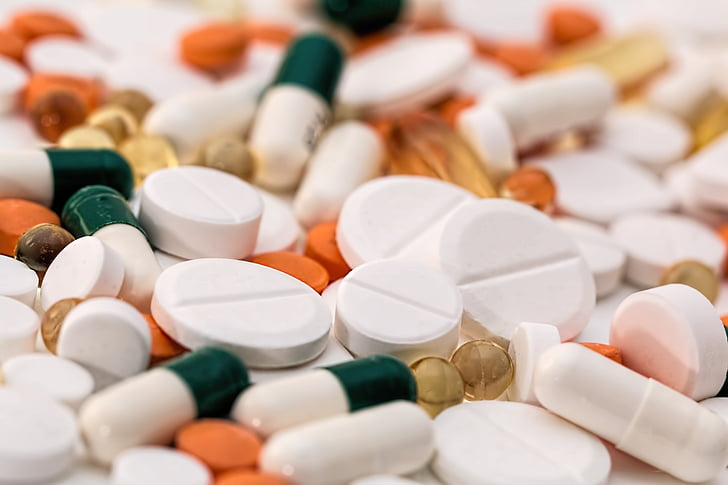The Obligations of Pharmacies to Drug Pricing
Summary
– Non-refundable drugs
– Reimbursed drugs
– Generics
When you purchase any product, the merchant is required to provide you with certain information. This rule is doubly valid for medicines, which have a price but can also be reimbursed to you.
So, what should your pharmacist tell you?
Non-reimbursable drugs
Pharmacists freely determine the prices for non-refundable medicines. However, pharmacists are obliged to inform customers of the prices of the products they sell. New rules are also applicable:
– For drugs in public view, the price must be displayed legibly and visibly. Where they are directly accessible to the public, a label may be affixed to the product.
– For medicines not exposed to public view, the selling price (incl. VAT) must be:
◦ be labeled,
◦ or mentioned in a catalog or on a material or electronic support that can be consulted on site.
– A single information document must be posted in the pharmacy:
◦ on a visible and readable medium for the consumer;
◦ mentioning the following text: “The price of non-refundable drugs is free. The price of reimbursable medicines is regulated. In addition to medicines’ prices, a dispensing fee per box and prescription may be added to medicines’ prices under the conditions defined by the regulations. At your request, proof of payment can be provided. »;
◦ if drugs not exposed to public view are not labeled, the text must be completed by the following sentence: “A price catalog of drugs not exposed to public view is available to you. »;
◦ if the fee schedule is not displayed, the text must be supplemented with the following sentence: “The price catalog for drugs not exposed to the public view details the fee schedule. »
You can ask your pharmacist for proof of payment. It will include the date of purchase, the pharmacy’s contact details, the name and quantity of the drug dispensed, and the price paid, including tax (and possibly the amount of the dispensing fee charged by the pharmacist).
Reimbursed drugs

Doctors must be able to inform you of the reimbursement of the medications they prescribe.
There are four types of medications, each with a reimbursement rate:
– irreplaceable medicines for severe and disabling conditions: 100% reimbursement rate;
– drugs with a significant medical service rendered and magistral preparations: reimbursement rate of 65%;
– drugs with moderate RMS: reimbursement rate of 30%;
– drugs with insufficient RMS: reimbursement rate of 15%.
Previously, these classes of drugs were identified by colored stickers, but no longer. The selling price and reimbursement rate for each drug must now be indicated on an invoice printed by the pharmacist on the prescription’s back.
Generics
A generic drug is a drug that is identical or equivalent to a brand name drug, called an originator drug. Usually, the generic is cheaper than the originator.
Note: When substituting a generic for an original drug, the doctor or pharmacist must make sure that it is not likely to cause an allergy in the patient.
In the case of drugs requiring a prescription, the pharmacist must provide the generic to respect imposed quotas:
The physician objects to the generic medication: he may write “not substitutable” on the prescription. The mention “not substitutable” is completed on the prescription by a code that justifies the reason why a generic cannot be issued:
– for drugs with a narrow therapeutic range;
– for medicines for which only the originator has a galenic form suitable for children under 6 years of age;
– for pills where only the originator does not contain the excipient to which the patient is allergic.
– The patient is opposed to substitution. If the patient refuses an original drug’s substitution by a generic, the advance fee waiver (third party payer) may be rejected by his insurance. He will nevertheless be reimbursed by his social security organization but based on the highest generic price.
You can ask your doctor to prescribe you a generic. Don’t hesitate to accept a generic drug when your pharmacist offers one because you will save money and be just as well treated.




1 Response
[…] – The Obligations of Pharmacies to Drug Pricing […]